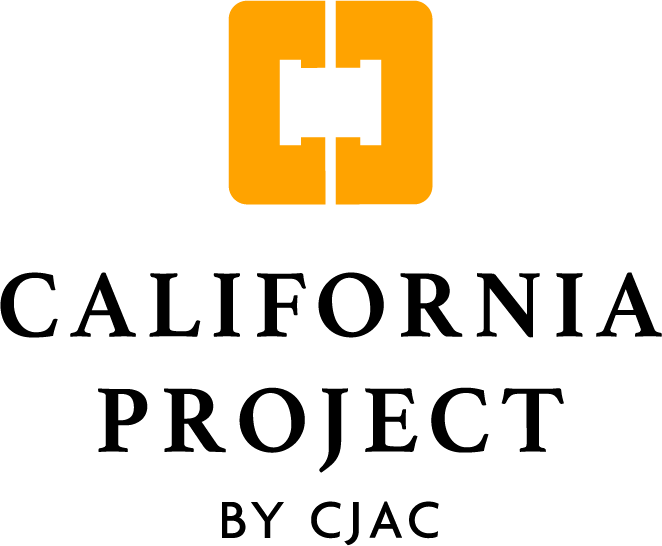Private rights of action (PRAs) are a specific type of lawsuit.
PRAs give private individuals the right to sue to enforce a civil
law normally enforced by the government. Some examples of
California Laws with PRAs include:
- Safe Drinking Water and Toxic Enforcement Act of 1986 –
“Proposition 65”
- California Consumer Privacy Act (CCPA)
- California Labor Code – Private Attorneys General Act (PAGA)
- California Business and Professions Code 17200 – “Unfair
Competition Law”
- Unruh Civil Rights Act for violations of the Americans with
Disabilities Act (ADA)
Some PRAs can be brought even when there is no proof of damages
or actual harm. This allows lawsuits against businesses by merely
alleging the business did something wrong. Additionally, some
PRAs can be brought when there has been a technical violation but
insignificant harm, e.g., not listing the employer’s full name on
the pay stub.
The ease of bringing these PRAs make them vulnerable to abuse by
plaintiffs’ lawyers wanting to make a quick buck or run up
attorneys’ fees. A common abusive tactic is to make a money
demand to a business under threat of a PRA, e.g., pay $5,000 or
you will get sued – “shakedown” lawsuits. Small businesses are
often the targets of shakedown lawsuits. Plaintiffs’ lawyers know
they don’t have the resources to fight lengthy court battles and
will feel forced to settle out of court.
There are a number of ways to help ensure PRAs are not abused,
including:
- Don’t create PRAs in the first place. Rather, provide
adequate funding and resources to the government enforcement
entity.
- Provide an opportunity to fix errors or “cure” before a PRA
can be brought.
- Only allow PRAs where there is proof of an actual victim and
actual damages.
